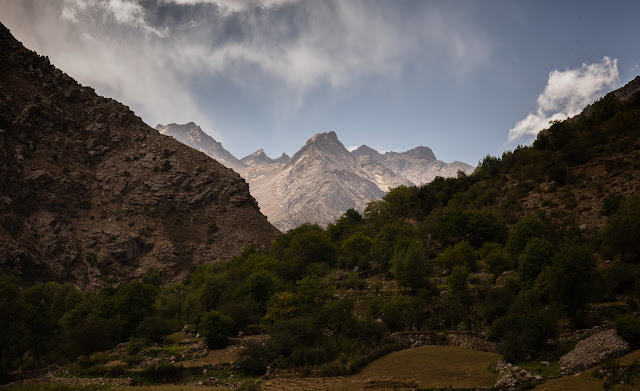Summer Hiking in the Rocky Mountains: The Struggle and Reward of (Very) Early Mornings

Green Mountain, early morning views There are many advantages to hiking and climbing in the morning when you live in the Rocky Mountains: The beautiful early light, the cool temperatures, the lack of lightning. Unfortunately, these perks come with one often insurmountable crux: getting up before 7 AM. In the planning stage it sounds reasonable enough. Get to bed early, set your alarm somewhere between 5 and 6:30 AM, and you’ll be alone on the trail in gloriously cool air watching the sun rise over 12,000-foot peaks without a thundercloud in sight. Let the crowds bake in the afternoon heat as they scramble down ahead of threatened lightning: You’re smarter than that! Then you go from planning to execution. Suddenly it’s almost midnight and nothing you need to pack is where you remember it, you have no food, and of course you haven’t gotten in your nightly Netflix so how could you skip that? As it heads towards 1 AM you start frantically calculating how mu...


